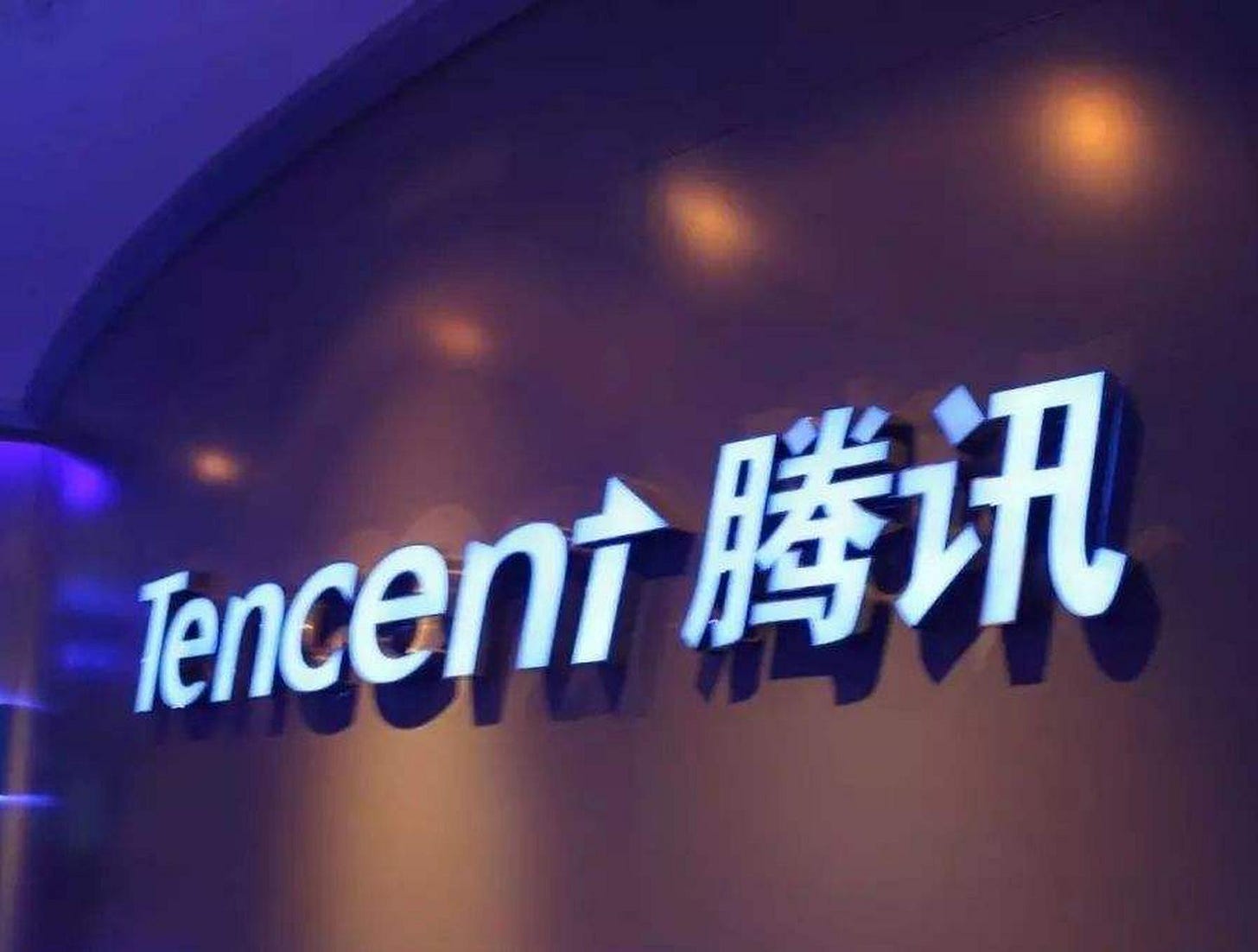Welcome to RealTime Mandarin—a multimedia resource to immerse you in the latest Chinese language trends, inspire you to practice and improve your Mandarin every week, and empower you to communicate with confidence.
Subscribe now to get the next issue straight to your inbox!
March and April are known as China’s hiring season, or ‘golden March, silver April’, 金三银四 jīnsān yínsì, in Chinese.
But as we learned last week, China’s Internet giants have been laying off tens of thousands of employees since the beginning of March.
At a time when ambitious young professionals and graduates would normally be looking for better roles, China’s job market is under pressure (Sina, Chinese):
从“双减政策”落地后的教培行业寒冬,到互联网大厂出现“裁员潮”,再加上今年3月开始,中概股集体大跌,招聘市场也和股票市场一样上演着“过山车”式的震荡。
From the cold winter in the education sector since the implementation of the ‘Double Reduction Policy’, to the wave of layoffs in the Internet sector, and with the massive fall in China stocks since March, the job market in China, like the stock markets, has been on a roller coaster ride.
MaiMai 脉脉 is China’s main career and social-networking platform. Top discussion topics at the moment are all about hiring season:
阿里巴巴管「裁员」叫「向社会输送人才」以后,B站管「裁员」叫「毕业」。不少用户笑称,以后的「金三银四」不再是“招聘季”,而是“毕业季”。
Alibaba’s layoffs are called ‘delivering talent into society’, and Bilibili layoffs are described as ‘graduations’. Many users on Maimai jokingly say that China’s ‘hiring season’ should be called its ‘graduation season’.
But there are still opportunities. One area of growth is Chinese tech firms going global, or 出海 chū hǎi. Companies like Tencent and Tik Tok are hiring aggressively for overseas roles.
「出海」成了大厂们为数不多的,仍在持续投入的方向,甚至有不少用户告诉运营社,别看眼下大厂看起来“蔫”了, 它们却在海外“招兵买马”。
‘Going global’ has become one of the few areas that companies continue to invest in. Some users have told us that we shouldn’t be fooled by how bad things are for the tech firms in China; overseas these companies are still hiring like crazy.
So this week we follow conversations about getting fired and then hired in China’s tech sector.
Favourite Five
1. 薅 hāo
leverage, take advantage of
秦浩把自己能匹配上的岗位都投了一遍,并将能用到的内推人脉“薅”了一遍 - Qin Hao sent in his CV for any roles that matched his abilities. He also used all his contacts to help with referrals.
Note: 薅 hāo normally means get a good discount or deal, here it’s used to mean use for your own benefit (first discussed in 6 November newsletter last year)
2. 滑铁卢 huá tiě lú
Waterloo moment, total failure
在出海早期,由于海外基建不成熟,电商渗透率低,海外用户没有网购习惯以及支付信任差等因素,大多数的出海公司都遭遇过滑铁卢 - In the early days of going overseas, due to the immature overseas infrastructure, low e-commerce penetration rate, lack of online shopping habits of overseas users and low trust in online payments, most of the overseas companies were met with failure.
Background: a reference to the battle fo Waterloo. It’s evolved into Chinese Internet slang to mean ‘total failure’. First discussed in 25 December newsletter last year.
3. 管中窥豹 guǎnzhōng kuībào
seeing a leopard through a tube; seeing only a part of the whole; or inferring the whole from only seeing a part (meaning depends on context)
招聘虽然只是大厂出海的冰山一角,但已经足够让用户管中窥豹 - Although hiring is just seen as the tip of the iceberg for big tech firms going overseas, it’s enough for users to get the idea of what’s going on.
Note: often said in combination with the more common idiom, 可见一斑 kějiàn yībān, meaning being able to visualise the whole through only seeing a small part.
4. 折戟沉沙 zhé jǐ chén shā
a broken halberd sinking into the sand; suffer a crushing defeat
快手沉沙折戟的原因,在一定程度上也是很多互联网公司出海屡屡不利的因由:快手盲目复制了国内互联网发展早期「烧钱换流量」的策略,但是却忽视了国际化过程中必不可少的「用户教育」和「内容搭建」- The reason why Kuaishou suffered a crushing defeat in the US was, to a certain extent, similar to why many Chinese Internet companies have repeatedly failed as they go global: Kuaishou blindly copied its domestic strategy of 'burning cash in exchange for web traffic', but it overlooked the essential part of going global, which is to educate users and to build the right content.
5. 刚离虎口,又入狼窝 gāng lí hǔkǒu yòu rù láng wō
straight from the tiger’s mouth, and into the wolf’s den
今年找工作难的是,不知道下一个工作到底适不适合自己,怕“刚离虎口又入狼窝” - The most difficult thing about looking for a new job this year is that it’s unclear if new opportunities are going to suit me. I’m worried I’ll be going from one bad situation to one that’s pretty much as bad.
Note: similar in meaning to the English idiom, out of the frying pan into the fire.
Consuming the Conversations
Useful words
蔫 niān
- lost; withered
别看眼下大厂看起来“蔫”了, 它们却在海外“招兵买马” - Although it looks like the big tech firms are suffering, they are hiring like crazy for overseas roles.
Note: 招兵买马 zhāobīng mǎimǎ - hiring soldiers and buying horses
撒钱 sǎqián
- throwing money away
这款曾经被快手给予厚望的短视频社交产品,从重金撒钱快速冲上北美下载榜第一 - This video sharing platform that Kuaishou had high hopes in hitting the top of the downloads charts in the US after heavy investment.
失宠 shī chǒng
- fall out of favour
以往,头顶大厂光环的人不但薪资溢价高,还可能是公司间争夺的对象,现在也失宠了 - Employees at the big tech firms once not only enjoyed high salaries, but were also the focus of fierce hiring competition between the companies. But now these people have lost their appeal.
Note: 溢价 yì jià - means to come at a premium or high price
炮灰 pào huī
- cannon fodder, collateral damage
互联网大厂很难有新机会,进小公司做项目担心成炮灰 - It’s hard to find new opportunities in the big companies any more. And in the small companies people are worried about the uncertainty of companies failing and them losing their jobs.
人马 rén mǎ
- people and horses; the team
简单来说,就是原班人马为主,海外招聘为辅 - Putting it simply, they tend to use the original team with support staff hired locally.
Note: usually not used on its own, as in this sentence, with 原班
干货 gān huò
- ‘dry product’, key take-away, critical point
要想从海外捞一杯羹,还是要有干货——只有同时具备这三点,才有站住脚的机会——对当地人的了解 + 实时更新的打法 + 出其不意的创新 - In order to gain a share of the market overseas, you have to have a compelling offer. This means having the following three characteristics in order to gain a foothold: understand the locals + continually update your approach + spectacular innovation.















